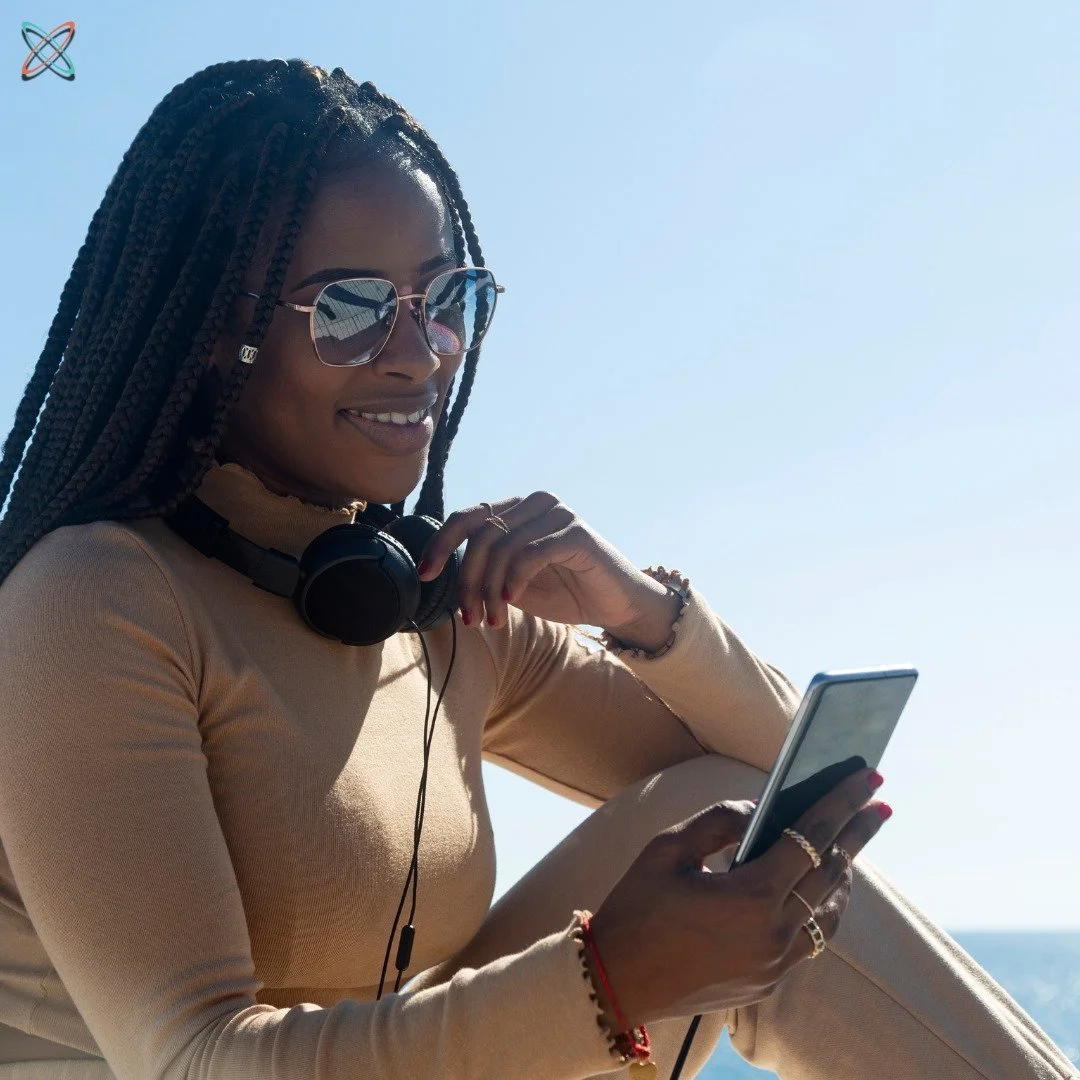Reminders Every Strong Black Woman Needs
By Yolande Clark-Jackson
“Black women are dope” Is a t-shirt, a motto and an understanding. Black women are magic, and we prove this time and time again. Black women are revolutionaries, fashionistas, and leaders in their homes and communities. And If you identify as a Black woman, then you know holding this title comes with a cape. Because beyond all the things said about Black women, the loudest thing we hear is “Black women are strong.” And from an early age, Black women have understood they would have to stand up for themselves, save their day and often someone else’s day. And although this awareness of inner strength brings a certain level of confidence and pride, it can also create an unhealthy level of self-reliance and a lack of self care.
Despite perceptions, Black women are dealing with racial, economic, and health disparities at a greater rate than any other group. Black women tend to head more households with less resources. Black women are at more risk of getting a stroke, diabetes, or heart disease. They are three times more likely to die from a pregnancy-related cause and are often not believed when they express they are in pain. Black women are stressed. And stress puts Black women’s physical and mental health at risk. So the messages that strong black women hear needs to change.
How Did We Get Here?
According to the Anxiety and Depression Association of America, Black women have historically been saddled with the tropes of being strong, angry or a vixen which impacts how others see them and how they see themselves. And perpetuation of these stereotypes often keeps Black women from reaching out for help.
How to Recover
Black women need to start seeing themselves as the prize that needs preservation. It means a commitment to caring for our mental and physical health. And It starts with a mind shift. Here are a few things to remember to help you pivot from old patterns:
1. Because you can doesn’t mean you should
We often say yes more often than we should because we feel we are capable. Saying no doesn’t indicate lack of ability, it indicates a boundary. We want to be there for our friends and family but saying no more often can reduce codependency and perceptions that you are the source to resolve other people’s problems, even when you may be lacking the capacity to resolve your own.
2. Because your “free” doesn’t mean make yourself available
Free time is hard to come by, so use your free time to relax or do things you enjoy instead of squeezing in conversations or tasks for others. Conserving your mental and physical energy is important. Set times to make yourself unavailable to increase your capacity and refresh yourself.
3. Because “you can make it happen” doesn’t mean you don’t need help
Black women are known for saying “I got this.” or “I can make it happen.” But asking for help can lighten the load and allow you to accomplish more. Look for relationships that can lead to partnerships and build a sense of community.
Along your journey to improve your overall health, try using affirmations. Here are 3 affirmations to support your wellness journey:
I prioritize my physical and mental health
I say “no” when I need to conserve my energy
I say “no more” when I need to make a change and reclaim my power
You can also attend workshops and retreats that focus on the health and healing of Black women. Ibisanmi is starting a Virtual Group Therapy for Black Women, called “Hanging Up the Cape,” to support you in your journey of wellness.
Together we’ll address the following topics:
Racial Trauma & Burnout
Finding & Using Your Voice
Self- Care as Preventative Care
Finding Community
Making Space for Rage
Releasing Grief
and Joy, Rest, & Pleasure.
Because Black women will always be dope, but they also need care and community!
You can schedule a 20-minute free phone consultation for the Virtual Group Therapy: https://tinyurl.com/IbisanmiGroup.







